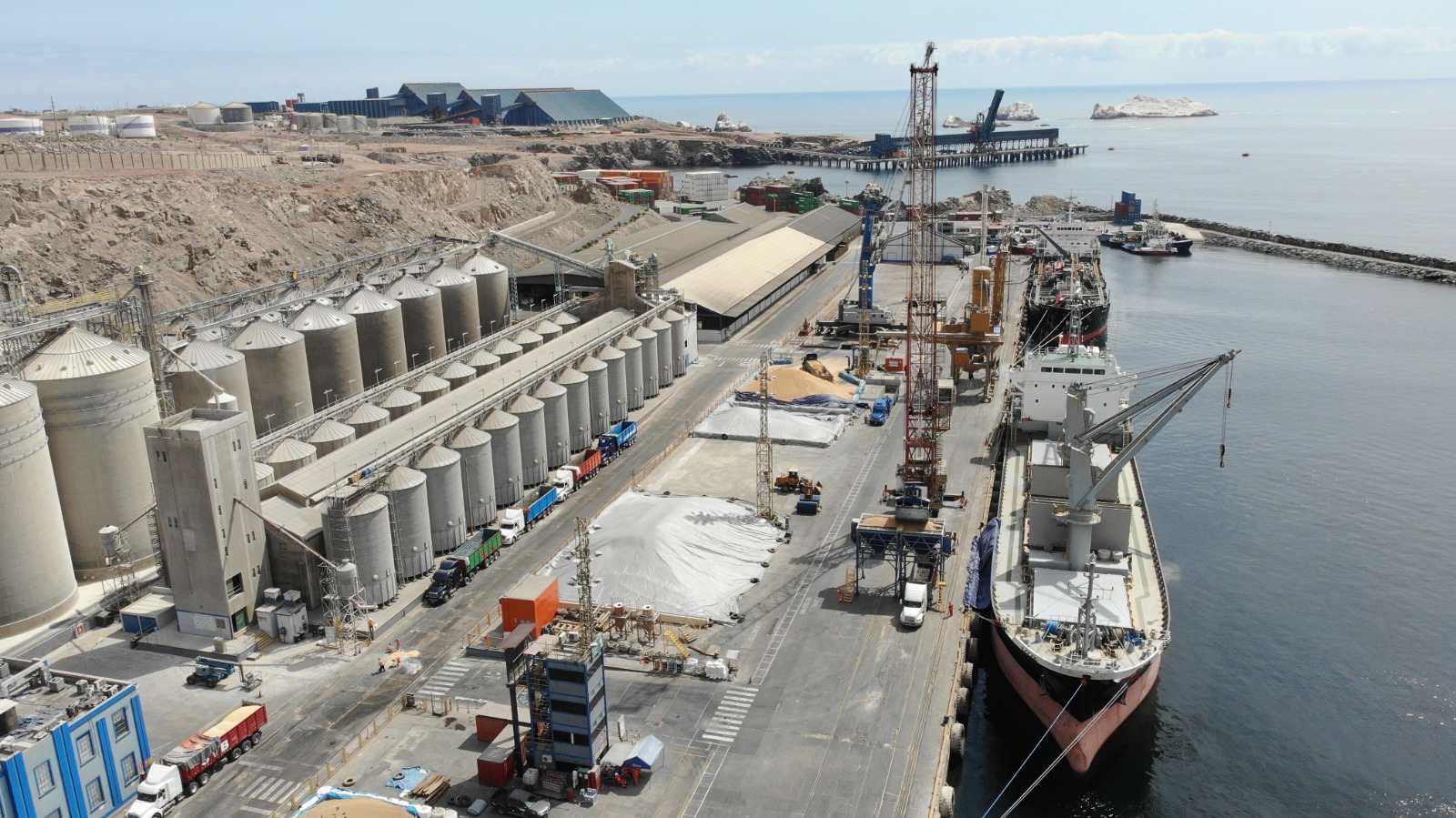
Renewing port concessions, so that they spend 30 to 60 years in the hands of the private sector, would help ensure that infrastructure investments in the sector are guaranteed, Macroconsult estimated.
During the presentation of the study “Impact of port concessions in Peru”, the associate economist of Macroconsult, Gonzalo Ruiz Díaz, explained that, to date, the investment commitments of the concessioned terminals in Peru amount to US$3.4 billion, of which US$2.1 billion (more than 60%) have been executed.
“Investment in port terminals has resulted in modernizations of infrastructure and equipment, which has significantly improved the operation of ports,” the report notes.
In the period 2018-2022, the management of concessionaires in port terminals generated annually on average: more than S/1,184 million (1% of the regional GDP), 42,500 jobs and US$189 million in payments in favor of the State.
However, Macroconsult warns that port investments in infrastructure deployed by concessionaires “they may have a useful life that exceeds the maximum term of the concession.”
For example, him Master Plan of the Port of Callao It projects that by 2032 the port’s capacity will not be enough to meet the expected demand. This suggests the need for significant expansion and improvement.
“However, and given the expiration of the concession contracts, it is possible to point out that the port investments in infrastructure deployed by the concessionaires may have a useful life that exceeds the maximum term of the concession, which means that towards the end of the period contractually, said investments have a residual value not recovered by the concessionaires,” he continues.
Precisely, in 2017 the Bill No. 2147-2017-PE, which sought, among other points, to adjust the maximum concession term for port terminals to 60 years. However, the bill was shelved due to the end of the parliamentary period.
It should be noted that the Single Ordered Text (TUO) of the regulations with the rank of Law that regulate the delivery of public works of infrastructure and public services in concessions to the private sector does establish a maximum validity period of 60 years.
For Macroconsult, the extension of the term of port concessions is also justified by the problem of disarticulation between the port infrastructure and the city, including its access roads, which could compromise logistics competitiveness.
“The limitation of terms of 30 years is particular to the port sector, while for the rest of the infrastructures there is a term of 60 years. […] As opportunities for improvement, it is proposed to extend the term and allow concessionaires to execute complementary projects for access to port infrastructure,” details Ruiz Díaz.
Source: Larepublica
Alia is a professional author and journalist, working at 247 news agency. She writes on various topics from economy news to general interest pieces, providing readers with relevant and informative content. With years of experience, she brings a unique perspective and in-depth analysis to her work.











